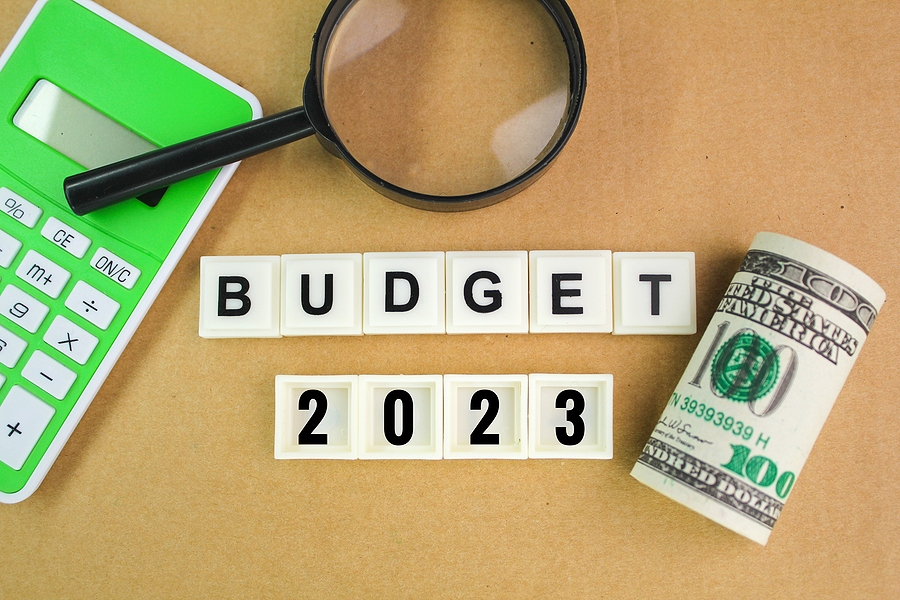The word “good” means something different to everyone, especially when it comes to budgeting. However, there are some basic tips anyone can follow to get on the right track. Let’s take a closer look.
Create a budget
The first step to effectively managing your money is to create a budget that outlines your income and expenses. This will help you understand where your money is going and identify areas where you can cut back or save.
Track your spending
To accurately budget, you must have a clear understanding of where your money is going. Start by tracking your spending for a few weeks to get a sense of your spending habits. This will help you identify areas where you may be overspending and areas where you can cut back.
Set financial goals
Having specific financial goals can help motivate you to stick to your budget and make smart financial decisions. Consider what you want to achieve, such as paying off debt, saving for a down payment on a house, or building an emergency fund.
Reduce or eliminate unnecessary expenses
Once you’ve tracked your spending, you may discover that you’re spending money on unnecessary or discretionary expenses. Look for areas where you can cut back, such as dining out less frequently or canceling subscriptions you don’t use.
Stay flexible
Budgeting is not a one-time activity but instead an ongoing process. Be prepared to adjust your budget as your needs and circumstances change. If you have unexpected expenses or a change in income, don’t wait to revise your budget to reflect your new reality.
If this is what a good budget looks like, the opposite is a “bad” budget. Here are some mistakes to avoid:
- Not having a budget at all: Without a budget, it’s easy to overspend and get into debt. A budget helps you plan for your financial goals and keep track of your spending.
- Not tracking your expenses: To have an effective budget, you need to know where your money is going. Keep track of your expenses to see where you can cut back or find ways to save.
- Underestimating expenses: It’s important to be realistic about your expenses. Don’t underestimate the cost of bills, groceries, or other necessary expenses.
- Not saving for emergencies: Emergencies can happen at any time, and it’s important to have some money set aside for unexpected expenses.
- Not adjusting your budget: Your budget should be a living document that you review and adjust regularly. As your circumstances change, so should your budget.
- Not sticking to your budget: Once you’ve created a budget, it’s important to follow it. Don’t overspend or indulge in unnecessary purchases.
- Not paying off high-interest debt: High-interest debt can be a budget-buster. Make sure to prioritize paying off credit card debt and other high-interest loans to free up more money in your budget.
Now that you know what a good and a bad budget look like, it’s time to take the appropriate action based on your personal circumstances.


Related Posts :
Top Signs That Your Budget Needs ReworkedHow to Determine Your Home Buying Budget